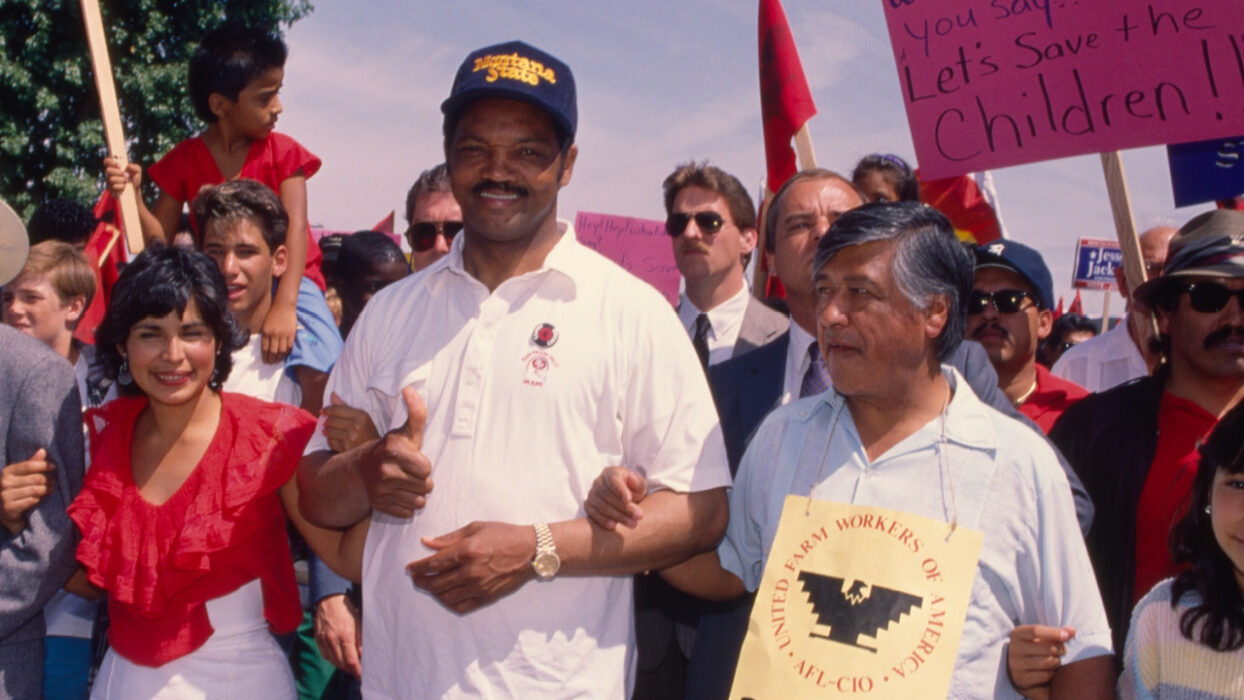
9 Things All Minority Students Should Include in Their College Personal Statement
Applying to college is stressful enough, but it could be more challenging for first-generation minority students. First-generation college students, predominantly students of color, already face several challenges, including that many complete their higher-education degrees at a lower rate than their peers.
At the start of the COVID-19 pandemic, experts raised concerns that applications from first-generation and low-income students decreased, which has recently seen an uptick. The first step to getting into a four-year institution requires an application, which includes an essay that showcases who a student is and why the college would benefit from accepting them.
Educational experts share suggestions for what students of color should include in their college admissions essays.
1. Be Authentic
Those vying for four-year degrees should write college essays using everyday language, not overly flowery or academic words. College essays should reflect a student’s traits, including resilience, leadership, passion, unique outlooks and their ability to inspire others, according to the Harvard Business Review.
“Students need to highlight their personal and academic journey,” said José Laureano, Ed.D., the executive dean of student and enrollment services at Middlesex College, a Hispanic-serving community college based in Edison, New Jersey. “Examples of overcoming adverse or challenging situations always resonate, and there are a lot of issues impacting our communities. For example, COVID had a major impact on communities of color, many lost loved ones, and the financial impact on the household has been profound. As a result, relating your personal experience to how it has made you a better student and how it has motivated you to work harder is something to include in a personal statement,” Laureano told mitú.
2. Use Humor
Jay Matthews, an education writer and columnist for The Washington Post, recommended humor to make a lasting impression. “Make fun of yourself, at least once, maybe twice. This is not a recommendation you will find in standard college admission advice books. Don’t overdo it. But slipping in a bit of self-deprecation can help,” Matthews wrote in a recent Washington Post column.
There are a few examples college students have shared of how sprinkling in some humor out outside-the-box answers that led to college acceptances, including a student who candidly answered that they applied to Hofstra University because they received a “fee waiver.” That person was accepted.
3. Have A Narrow Focus
A student may have helped care for younger siblings, held part-time jobs, and tackled a full course load while playing sports, for example, but they don’t need to include every aspect of their lives in their college application essay.
“If a student addresses a negative situation, they must include how they addressed it,” Mary Jo McKinley, principal of The Patrick School in Hillside, New Jersey, told mitú, adding: “The statement should not just be about airing dirty laundry. Focus on resilience and determination in overcoming obstacles, not on the obstacles themselves.”
4. Be Brief
Once students have picked their essay topic, they should be short and specific to side step coming across as long-winded.
“Students should avoid rambling or trying to cover too much ground. Although they are providing insight to someone they had never met, obviously not everything about their lives can be included,” McKinley said.
5. Showcase Resilience
It’s important for students to focus on the resilience and determination they had when overcoming obstacles rather than dwelling on the challenges themselves, added McKinley, who previously was a co-founder and director of Academy Charter High School in Lake Como, New Jersey.
6. Focus Beyond Academics
While it’s important to focus on your past educational accomplishments, it’s also pivotal to share how you’ll make a difference beyond the classroom, Saskia Leo Cipriani, assistant director at Rutgers University’s Center for Latino Arts and Culture, said in an interview with mitú. Cipriani works with underrepresented students at the public university, including those who are undocumented, first-generation, non-traditional or transfer students and students of color who identify as LGBTQ+.
“It’s important for students to include an aspect of their life experience that has made them into the person they are today… Students who show depth in their statements get noticed. Those that dive deep and find a way to connect a life trial or will get noticed,” said Cipriani, adding that students who also showcase what they have to offer beyond academics will also leave a mark.
7. Write About Culture and Traditions
Another way to stand out and make a memorable impression is to leverage your culture if you were born outside the United States or are an otherwise non-traditional student. When Anthony Rodriguez, 34, was applying to colleges, he highlighted that his mother was born in Italy and his father was born in Honduras and how their struggles to adjust to their adopted countries impacted him as a first-generation college applicant. Rodriguez said his background ultimately led him to his career as a school counselor and college advisor at St. Peter’s Prep in Jersey City, New Jersey.
“I feel more empathy for my students because I was in some of their shoes. When [fellow counselors and I] begin talking to high school juniors about the college application process, we talk about what kinds of essays stand out and we do various exercises with them,” Rodriguez added.
8. Share New Information
The application essay should be the time for students to highlight themselves beyond grades, test scores and teacher recommendations; it shouldn’t be an opportunity to regurgitate one’s resume. Students should use the essay as an opportunity to detail what’s most important to them.
9. Re-Write and Edit the Essay Before Sending
Once finished crafting an essay that best exemplifies their academic achievements and what struggles they’ve overcome, it’s time for a student to review their writing and have a trusted teacher or college counselor also edit their work.




